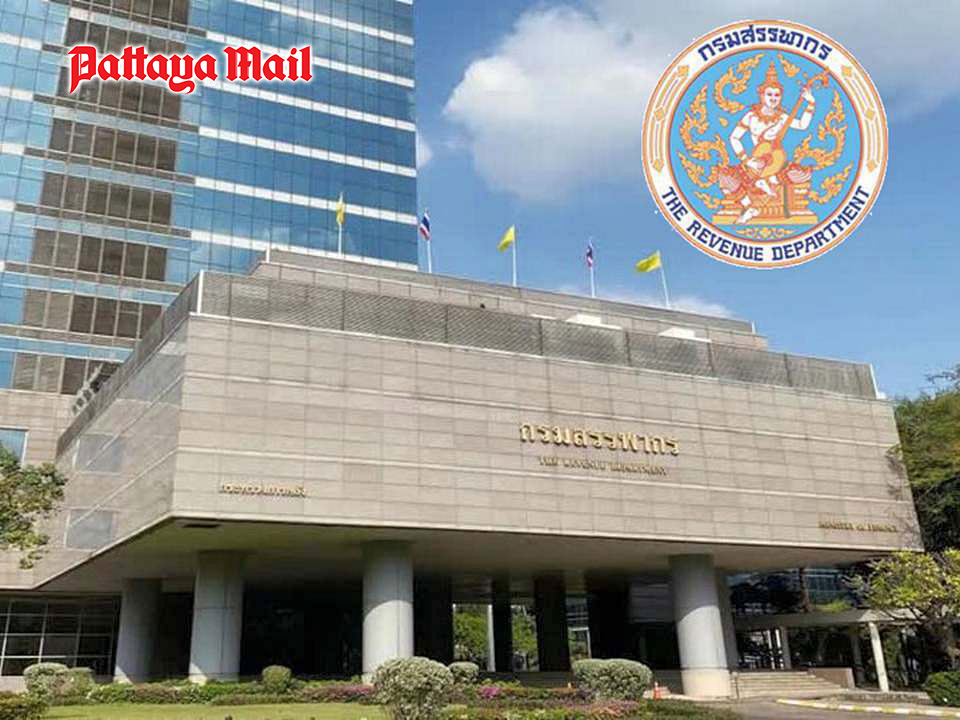
Kulaya Tantitemit, director-general of the Revenue Department, has indicated to the Bangkok Post that she is preparing significant new legislation. Under current rules, effective January 2024, Thais and foreigners residing here for 180 days or more in a calendar year will be taxed on foreign-sourced, assessable income when such cash is remitted into the country, regardless of when sent. A wave of panic has set in amongst the expat community, especially pensioners, although the opinions of banking and legal experts range from a don’t worry green signal to a hot potato red. Thus “savings” are not taxable, but there is no consensus about what “savings” are, or could be.
But The Revenue, as reported in the Bangkok Post as recently as September 7, is preparing to amend the law to collect tax from any Thai or foreign resident (as defined above) who derives foreign-based income even if they do not bring such income into Thailand. This is unprecedented. The director-general justifies this move by referring to the principle of worldwide income which argues that all income earned by an individual is taxed by the country of residence. Some other south east Asian countries, including Cambodia, technically can tax the overseas income of resident aliens but choose largely to ignore the issue. For now anyway.
It is important to recognize that this latest Revenue announcement would require parliamentary approval for a clear change in the tax laws. At this stage, it is not obvious that the suggestion will receive the rubber stamp of the legislature. For example, many rich and influential Thais may dislike the notion of declaring their worldwide income wealth which remains permanently overseas. There is no timescale and no evidence that the latest proposal is under parliamentary consideration even though it was first mooted last June. There is now a new premier and Cabinet in office following the resignation of prime minister Srettha Thavisin who had originally asked the Revenue to look for ways of broadening the tax base, presumably to increase government funds to pay for populist policies.
Ms Kulaya pointed out that the proposed rule changes will depend on international cooperation and information exchange as Thailand is already a member of the Organization for Economic Cooperation and Development for tax information exchange amongst countries. There are many other complications too. For example, foreign holders of the 10-year Long Term Residence visa are exempt from taxation on foreign income remitted to Thailand, a very popular marketing ploy. However, they may not be exempt from worldwide income not remitted to Thailand unless a special clause was included in any legislation.
Many of Pattaya Mail’s readers are older foreigners living here mainly or wholly on pension income and inheritances which have already been taxed in the home country. They are aware of double taxation treaties, but mostly unaware of the complex detail in 61 very different agreements and what they actually mean. The Revenue could now or in the future ignore income under double taxation arrangements, or alternatively argue that any tax paid to the home country is merely a “credit” to put alongside any further tax liability in Thailand. Generally speaking, Thai taxes are more expensive than, say, those in the US or the UK in most categories. Our advice to readers at the moment is to wait for clarification, if any, on the grounds that any tax due for 2024 is not due for collection until January-March 2025. Thailand is no stranger to surprise announcements.








